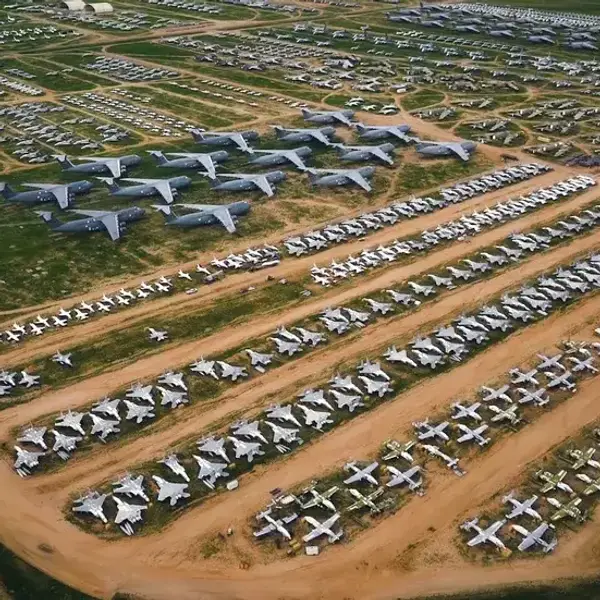The shockwaves of Sept. 11 have made life more difficult for the left in Canada. Canada's increased militarization and the repression of civil rights have been disorienting. But our strategic problems remain the same. They're simply more intense.
For the first time in more than a generation, the public is showing strong public support for increased military spending and for Canada's participation in a shooting war under American leadership. For the left, which has generally supported more public financing for public and social services and less for military and security, this is a serious setback.
The left in Canada has been unable to question the political and media spin -- the assumption, for example, that few civilian lives have been lost in the massive bombings of Afghanistan, or that most of that region's people support the US intervention. Since Sept. 11, alternative media sources on the Internet have grown tremendously. But the message of worldwide opposition to the US war on terrorism has yet to reach the North American mainstream.
Only a broad antiwar movement can change public opinion. Europe's massive antiwar protests are growing; Canada and the US have yet to see significant mobilization. Hopefully, a major antiwar protest planned for Washington on April 20 will kick-start a broader North American movement.
On the other hand, the New Democratic Party has been able to distinguish itself as the only party to oppose the war. Without the NDP's courageous intervention, there would have been no parliamentary voice raising questions about Canada's rush to follow the U.S.-led bombing of Afghanistan. Theirs might not be a popular position, but it brings much-needed respect to the NDP from social activists and the media.
Even before Sept. 11, the police, courts and government had been massively increasing security and state repression in the face of a growing anti-globalization movement. The criminalization of dissent so visible through the tear gas in Quebec City has now been codified in Canada's new security bills.
We've also seen more racism since Sept. 11: attacks on the streets against people who looked Middle Eastern; the hassling of brown-skinned men at border crossings; the savage media attack on University of British Columbia professor Sunera Thobani after she spoke out against the war. These bring a major challenge for the left into sharp relief: to reach out to this country's growing communities of color.
The Canadian left has traditionally relied on a certain element of anti-Americanism; Canadian identity has been formed in the last few generations by declaring the many ways in which we're unlike Americans. Over these past months, our identification with our neighbors was stronger than our desire to differentiate ourselves from them. Relying on these feelings, Ottawa moved to harmonize border security and immigration policies. But public reaction to our hockey gold revealed that such sympathy was temporary. "At least we can beat the Americans at something," said one delirious fan.
Before Sept. 11, a new generation of activists came out to challenge corporate control of practically everything. Contrary to the imagination of the chattering classes, the anti-globalization movement has not demobilized. But the attacks have had an impact. They certainly deepened divisions between the direct-action youth activists and the more traditional left, like those activists in the labor movement. Plans for a massive protest camp in Kananaskis for the G8 in June are receiving significant support from groups like the Council of Canadians and some unions -- but others are still sitting on their hands.
The debate about whether or not to accept violent tactics in demonstrations seems to have been settled, at least for the moment, by the danger of increased repression. As one protester said in New York City, "Just being on the streets is enough of a confrontation." Few of these youth activists have turned their attention to antiwar work.
On the international level, the aftermath of Sept. 11 has only strengthened the resolve of a growing global "movement of movements." Last February in Porto Alegre, Brazil, more than 60,000 people who met in the World Social Forum gave the lie to the notion that the global social-justice movement is in any way weakened.
In Canada, it is not so much Sept. 11 as the failures of the political left that dictate the need for new strategies. A new generation of activists is demanding a much more democratic, open and bottom-up organizing process, as well as more militant tactics. Globally, the politics of the new left are focusing on participatory democracy, environmental sustainability and global equity. And the major barriers to those goals are US military and foreign policy, and US economic policy as reflected in the World Bank and the International Monetary Fund. The reasons to fight are as strong as they've ever been.



